Education & Training
The Education and Training career cluster encompasses careers that involve teaching, training, and providing educational support services to individuals of various age groups and backgrounds. This cluster is centered around fostering learning, skill development, and personal growth through formal and informal educational settings.
Career Options
This cluster provides opportunities to make a positive impact on individuals’ lives by fostering knowledge, personal development, and skills acquisition. It’s an ideal fit for those who are passionate about education and are committed to shaping the future through teaching and learning. Here’s an explanation of the key components and careers within this cluster:
This aspect involves careers as teachers and instructors across different levels of education, from preschool to higher education. Teachers design lesson plans, deliver lectures, facilitate discussions, assess student progress, and create a supportive learning environment.
Special education professionals work with students who have diverse learning needs and challenges. They create individualized education plans (IEPs), adapt curriculum materials, and provide necessary support to help students succeed.
Occupations in this pathway include Intelligence Analyst, Cybersecurity Specialist, and National Security Advisor.
Early childhood educators work with young children, often in preschool or daycare settings. They focus on foundational skills and development during the critical early years.
Educational support professionals provide services that help students succeed academically and emotionally. This can include roles such as school counselors, academic advisors, school psychologists, and social workers.
With the rise of technology, there are careers in designing and delivering online courses and e-learning programs. This can include creating multimedia content, managing learning platforms, and engaging with virtual learners.
Librarians and information professionals manage library resources, assist users in finding information, and promote literacy and learning within the community.
Curriculum developers design educational materials, textbooks, and resources that align with educational standards and goals. They ensure that learning materials are engaging and effective.
Professionals in educational research analyze data and trends to inform educational policies, practices, and improvements.
Industry-Recognized Credentials (IRCs)
While some Industry Recognized Credentials (IRCs) may have certain age or experience requirements, there are still several certifications that high school students can pursue in the Education and Training cluster to enhance their skills and knowledge in preparation for future careers in education. Here are some IRCs that are more accessible to high school students in this cluster:
This certification validates proficiency in Microsoft Office suite applications, including Word, Excel, PowerPoint, and Outlook. It’s useful for students interested in educational support roles or administrative positions within schools.
JA offers a program that helps students develop employability skills, financial literacy, and an understanding of the world of work.
Google offers free courses that teach digital skills applicable to various careers, including teaching and administrative roles.
This credential, provided by the Council for Professional Recognition, focuses on early childhood education and can be valuable for high school students interested in working with young children.
Offered by ACT, this certificate measures essential workplace skills and can be beneficial for students interested in educational support roles.
Obtaining First Aid and CPR certification can be valuable for students considering careers in education, as it demonstrates their ability to respond to emergencies.
Platforms like Coursera, Udemy, and LinkedIn Learning offer certificates for completing courses related to teaching strategies, classroom management, and educational technology.
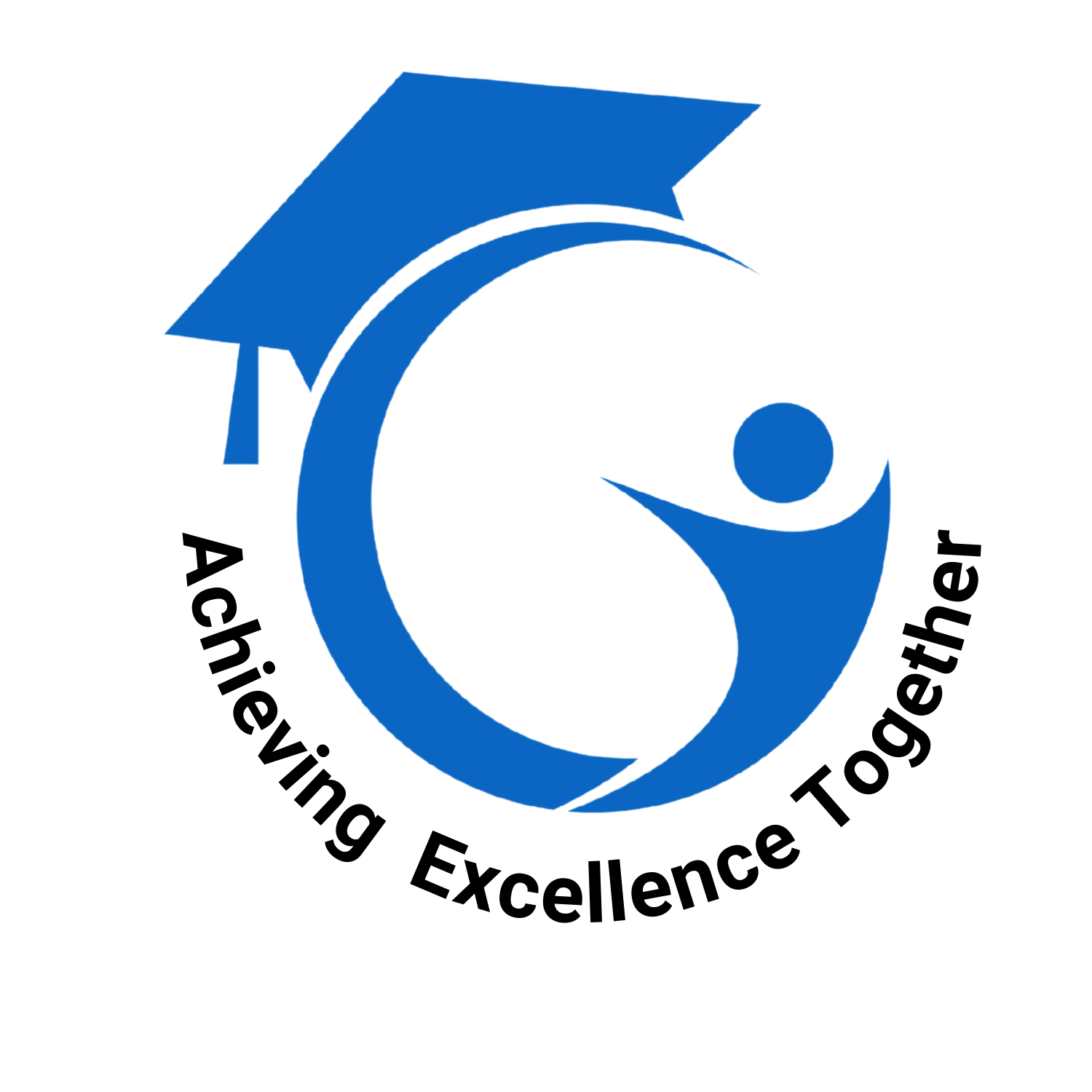




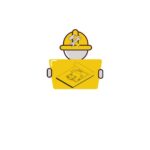

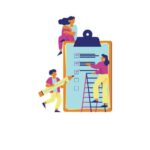





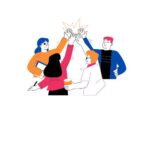
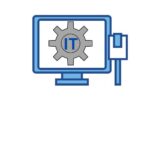

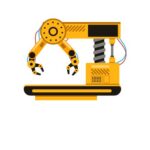
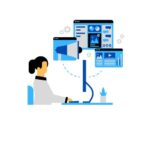
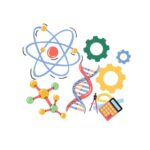

Get involved!
Comments